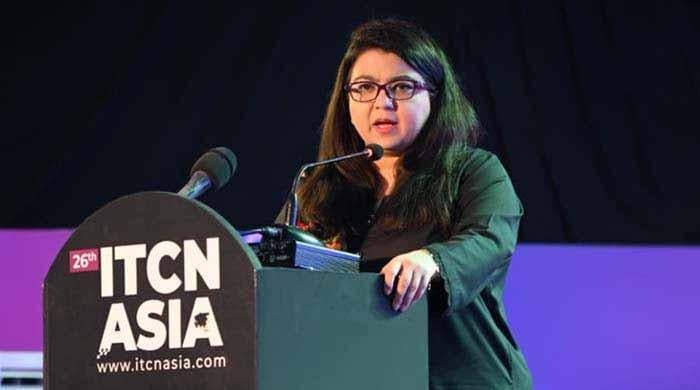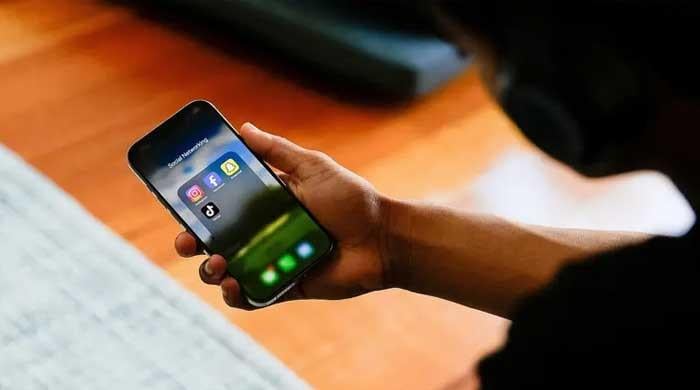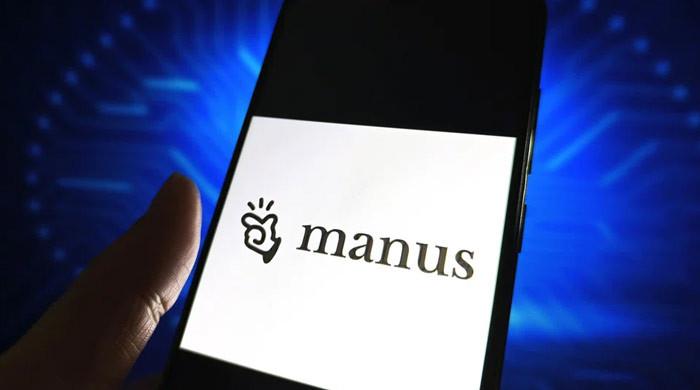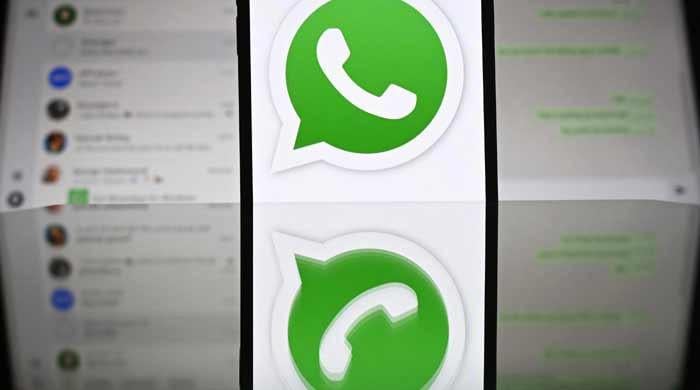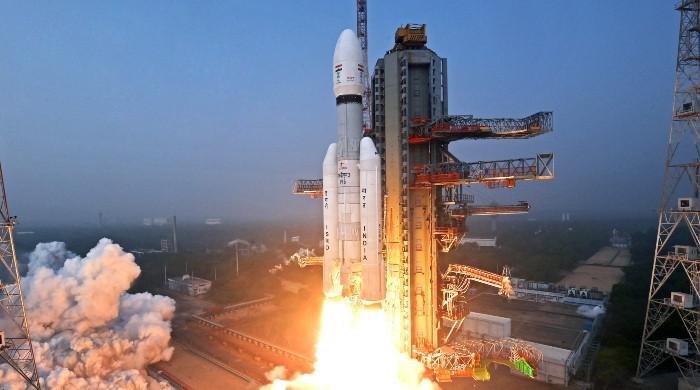Nobel laureate who helped create AI 'worried' as he warns of possible blight
'I'm very unnerved by something which has no control,' says American physicist who won 2024 Nobel Prize for physics
October 09, 2024
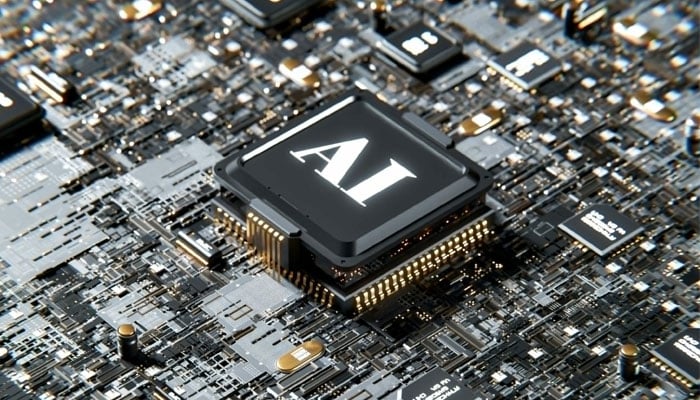
American physicist John Hopfield, who bagged the 2024 Nobel Prize for physics on Tuesday for his pioneering work on artificial intelligence, became the latest expert to warn of the potential dangers of AI if it is not kept in check.
Hopfield, 91, a professor emeritus at Princeton, joined co-winner Geoffrey Hinton, 76, in calling for a deeper understanding of the inner workings of deep-learning systems to prevent them from spiraling out of control.
The concerns raised by Hopfield and Hinton come after other tech giants, including Tesla CEO Elon Musk and Meta CEO Mark Zuckerberg previously raised similar concerns, calling for legislation to keep the technology and its use in check.
Addressing a gathering at the New Jersey university via video link from Britain, Hopfield said that over the course of his life he had watched the rise of two powerful but potentially hazardous technologies — biological engineering and nuclear physics, AFP reported.
"One is accustomed to having technologies which are not singularly only good or only bad, but have capabilities in both directions," he said.
"And as a physicist, I'm very unnerved by something which has no control, something which I don't understand well enough so that I can understand what are the limits which one could drive that technology."
"That's the question AI is pushing," he continued, adding that despite modern AI systems appearing to be "absolute marvels," there is a lack of understanding about how they function, which he described as "very, very unnerving."
"That's why I myself, and I think Geoffrey Hinton also, would strongly advocate understanding as an essential need of the field, which is going to develop some abilities that are beyond the abilities you can imagine at present."
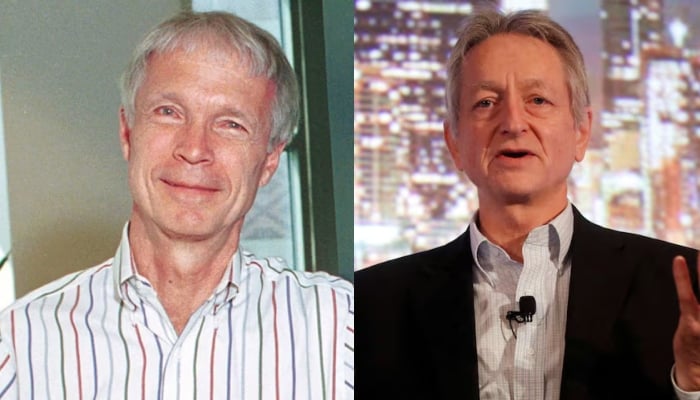
Hopfield was honoured for devising the "Hopfield network" — a theoretical model demonstrating how an artificial neural network can mimic the way biological brains store and retrieve memories.
His model was improved upon by British-Canadian Hinton, often dubbed the "Godfather of AI," whose "Boltzmann machine" introduced the element of randomness, paving the way for modern AI applications such as image generators.
Hinton emerged last year as a poster child for AI doomsayers, a theme he returned to during a news conference held by the University of Toronto where he serves as a professor emeritus.
"If you look around, there are very few examples of more intelligent things being controlled by less intelligent things, which makes you wonder whether when AI gets smarter than us, it's going to take over control," Hinton told reporters.
With the meteoric rise of AI capabilities — and the fierce race it has sparked among companies — the technology has faced criticism for evolving faster than scientists can fully comprehend.
"You don't know that the collective properties you began with are actually the collective properties with all the interactions present, and you don't therefore know whether some spontaneous but unwanted thing is lying hidden in the works," stressed Hopfield.
"I'm worried about anything that says... 'I'm faster than you are, I'm bigger than you are... can you peacefully inhabit with me?' I don't know, I worry."
Hinton said it was impossible to know how to escape catastrophic scenarios at present, "that's why we urgently need more research."
"I'm advocating that our best young researchers, or many of them, should work on AI safety, and governments should force the large companies to provide the computational facilities that they need to do that," he added.




